Premium Only Content
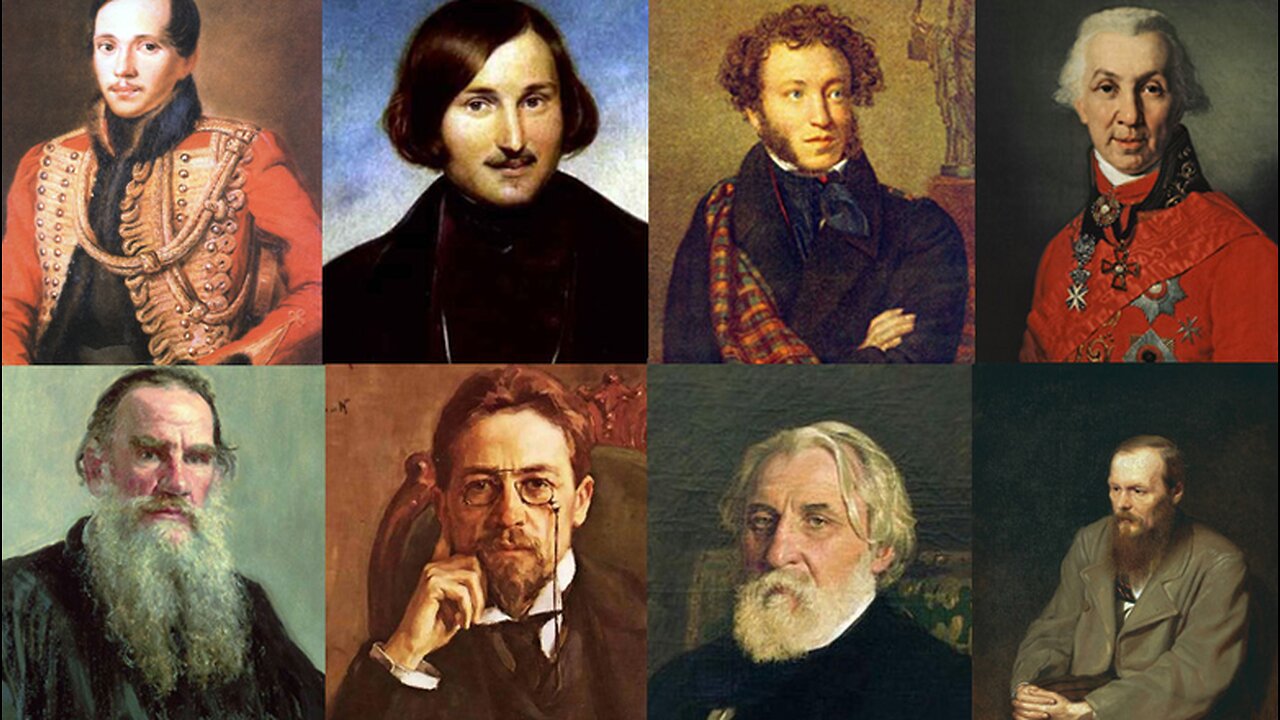
Classics of Russian Literature | Origins of Russian Literature (Lecture 1)
36 lectures, 30 minutes/lecture
Taught by Irwin Weil
Northwestern University
Ph.D., Harvard University
Throughout the entire world, Russian culture - and most especially its 19th century literature - has acquired an enormous reputation. Like the heydays of other cultures - the Golden Age of Athens, the biblical period of the Hebrews, the Renaissance of the Italians, the Elizabethan period in England - the century of Tolstoy, Dostoevsky, Pushkin, and other great Russian writers seems, to many readers, like a great moral and spiritual compass, pointing the way toward deeper and wider understanding of what some call “the Russian soul,” but many others would call the soul of every human being.
How did this culture come about, within the context of a huge continental country, perched on the cusp between European and Asiatic civilizations, taking part in all of them yet not becoming completely subject to or involved in any of them? What were the origins of this culture? How did it grow and exert its influence, first on its neighbors, then on countries and civilizations far from its borders? What influences did it feel from without, and how did it adapt and shape these influences for Russian ends? What were its inner sources of strength and understanding that allowed it to touch - and sometimes to clash with - these other cultures and still come out with something distinctively Russian? What wider implications does this process have for the entire human race?
These 36 half-hour lectures delve into this extraordinary body of work under the guidance of Professor Irwin Weil of Northwestern University, an award-winning teacher at Northwestern University and a legend among educators in the United States and Russia. Professor Weil introduces you to such masterpieces as Tolstoy's War and Peace, Dostoevsky's Crime and Punishment, Pushkin's Eugene Onegin, Gogol's Dead Souls, Chekhov's The Seagull, Pasternak's Doctor Zhivago, and many other great novels, stories, plays, and poems by Russian authors. You will also investigate the origin of Russian literature itself, which traces to powerful epic poetry and beautiful renderings of the Bible into Slavic during the Middle Ages.
The central core of the course covers the great golden age of Russian literature, a period in the 19th century when Russia's writers equaled or surpassed the achievements of the much older literary cultures of Western Europe. The age commenced with Pushkin, developed with the fantastic and grotesque tales of Gogol', and grew to full flower with Dostoevsky and Tolstoy - who at the time were considered in Europe to be lesser writers than their talented contemporary Turgenev. As the 20th century approached, Chekhov's exquisitely understated plays and stories symbolized the sunset of the golden age.
Gorky straddled the next transformation, linking the turmoil preceding the Russian Revolution with the political oppression that affected all artists in the newly established Soviet Union from the 1920s on. You examine the brilliant revolutionary poet Maiakovsky; the novelist Sholokhov, who portrayed the revolution as a tragedy for the Cossack people; the satirist Zoshchenko, who used Soviet society as food for parody; and Pasternak, who produced beautiful poems and a single extraordinary novel. Your survey ends with Solzhenitsyn, who first exposed the reality of the Soviet forced labor camps and continued to speak prophetically until he reached what he considered enlightened new nationalism.
Lecture 1: Russian literature had its national and spiritual origins in the territory around the ancient city of Kiev, which was the sometimes grudgingly accepted center of a number of settlements and city-states, a loose confederation called “Kievan Rus’.” From the 10th century A.D., its literature was deeply involved with both religion and politics. When Vladimir, prince of Kiev, in A.D. 988–989, sought a dynastic alliance by marrying the sister of the Byzantine emperor, he returned not only with a literate (and presumably beautiful) wife but also with many documents of the Eastern Orthodox Church. These documents, some of which we will examine, had been translated by a genius, St. Cyril, into the 9th-century language spoken by all Slavic peoples. This church literature bore a deeply religious feeling derived from the New Testament and rendered exquisitely by Cyril’s translations. The connections between Russian literature and politics and ideology started almost 1,000 years before the advent of the Soviet Union and its Marxist ideology.
Suggested Reading:
Samuel Hazard Cross and Olgerd P. Sherbowitz-Wetzor, eds., The Russian Primary Chronicle.
Nicolas Riasanovsky, History of Russia.
-
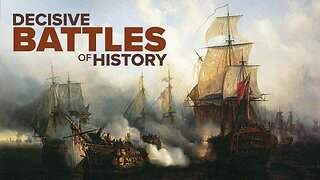 30:04
30:04
The Great Courses
1 month agoDecisive Battles of World History | 1866 Königgrätz - Bismarck Molds Germany (Lecture 30)
125 -
 56:41
56:41
Donald Trump Jr.
8 hours agoLies, Leaks, and Lawfare: Censorship Corruption Exposed | TRIGGERED Ep.263
140K120 -
 1:19:46
1:19:46
Precision Rifle Network
5 hours agoS4E25 Guns & Grub - Rex Is Back, I shot the 6.5PRC finally...
11.6K1 -
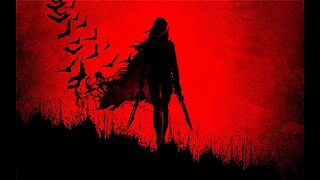 LIVE
LIVE
rhywyn
3 hours agoうつ
25 watching -
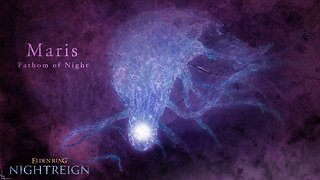 LIVE
LIVE
RyuMuramasa✧
5 hours agoNEW Everdark Sovereign | Elden Ring Nightreign | LIVE Playthrough
37 watching -
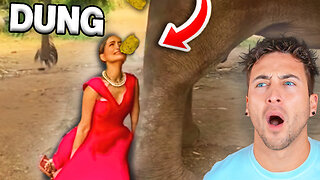 1:17:04
1:17:04
Nikko Ortiz
12 hours agoLive - News, Politics, Podcast And Naaah Im Playin We Chillen
5.58K -
 1:26:13
1:26:13
Mally_Mouse
7 hours agoLet's Hang!! -- P.O. Box & Chill!
18.7K -
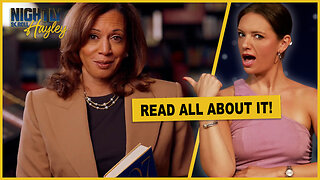 1:02:37
1:02:37
BonginoReport
7 hours agoKamala Teases Book About Dumpster Fire Campaign - Nightly Scroll w/ Hayley Caronia (Ep.102)
72.6K59 -
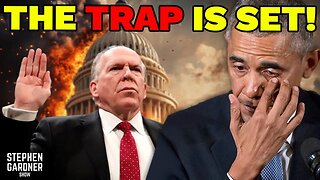 35:05
35:05
Stephen Gardner
7 hours ago🔥Obama will be FORCED to Testify in Trump trial?
33.6K55 -
 9:08
9:08
Tundra Tactical
5 hours ago $0.04 earnedTundra Tactical Political Memes Review!
24.2K2